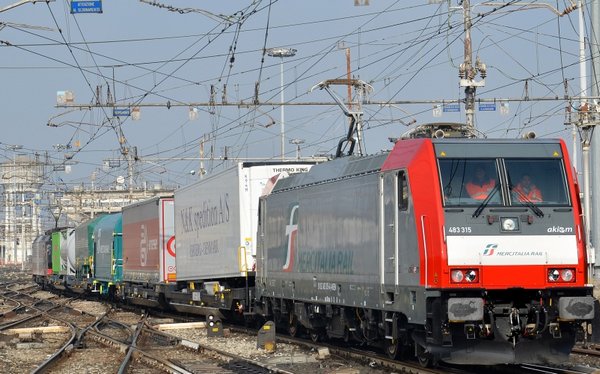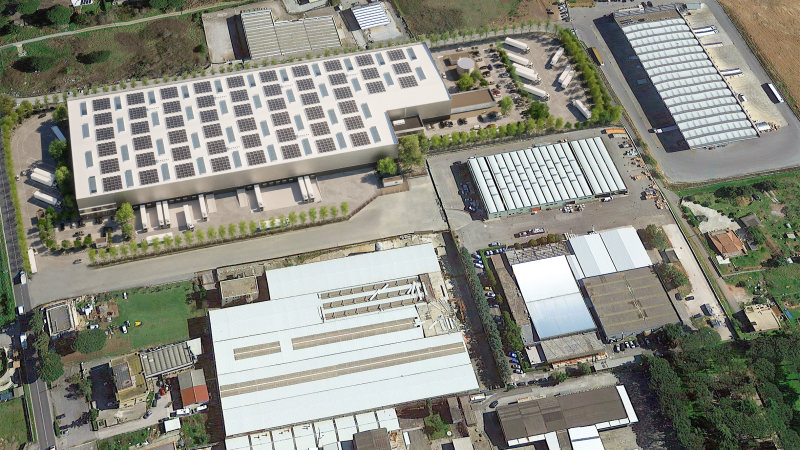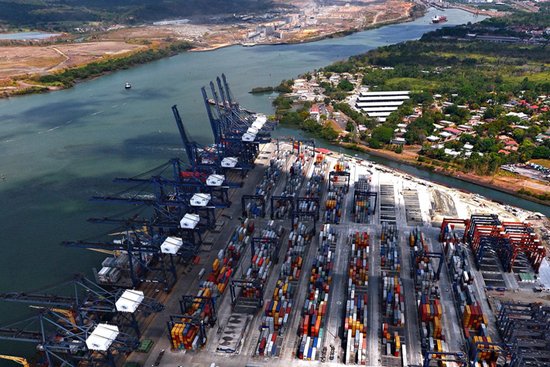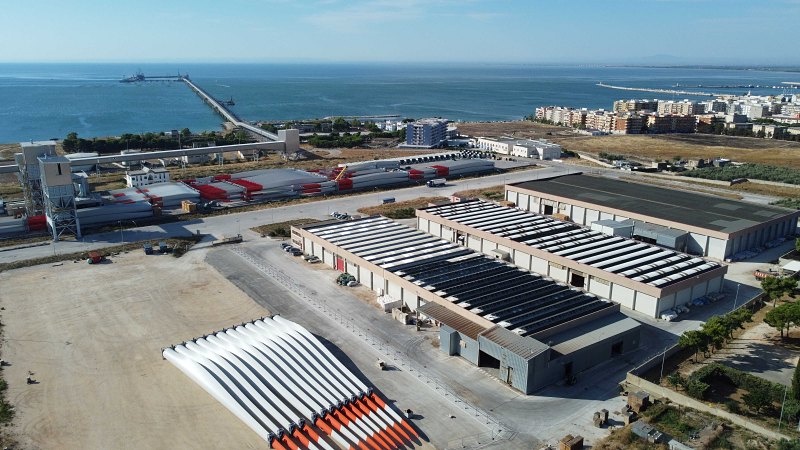According to Bloomberg on 27 February 2025, the American real estate investment giant Blackstone is assessing its withdrawal from China's logistics sector by selling its assets and is already negotiating with the Chinese company Ping An Insurance Group for the sale of three logistics platforms in the Greater Bay Area. These include a logistics park in Foshan and two others in Dongguan, all managed by Dragoncor, a company that Blackstone has controlled since 2018. The transaction, which could be finalised by the second quarter of 2025, is valued at 2.7 billion yuan (approximately 354.5 million euros).
After expanding its presence in China's logistics sector for several years, Blackstone is now retreating from this market. According to Bloomberg, this move is driven by various factors, including the slowdown in China's real estate sector, economic uncertainty and declining profitability. Once one of the most dynamic sectors in commercial real estate, China's logistics market has been slowing since late 2023. The exponential growth of e-commerce, industrial production and cold chain logistics had led to the construction of numerous platforms, but many now struggle to maintain occupancy rates. The drop in demand has forced property owners to revise lease terms, lowering rental prices and shortening lease durations.
However, Bloomberg notes that the Greater Bay Area, where the assets for sale are located, is an exception. According to data from Warehouse In Cloud, this region has the lowest vacancy rates in the country, driven by the expansion of cross-border e-commerce, supported by its proximity to Hong Kong and Macau. this factor may have influenced Ping An Insurance's interest in the three logistics platforms. Bloomberg explains that rising deflationary pressures in China have reduced returns on fixed-income investments, prompting long-term investors, such as insurance companies, to explore alternative opportunities like logistics parks.
The return prospects offered by these assets are significantly higher than those of Chinese 30-year government bonds, which currently yield 2%, the lowest level since 2005. Strong investor interest in these assets is also fuelled by the possibility of listing real estate holdings through real estate investment trusts (REITs), a mechanism that has attracted many Chinese investors in recent months due to its ability to generate income through dividends.




































































